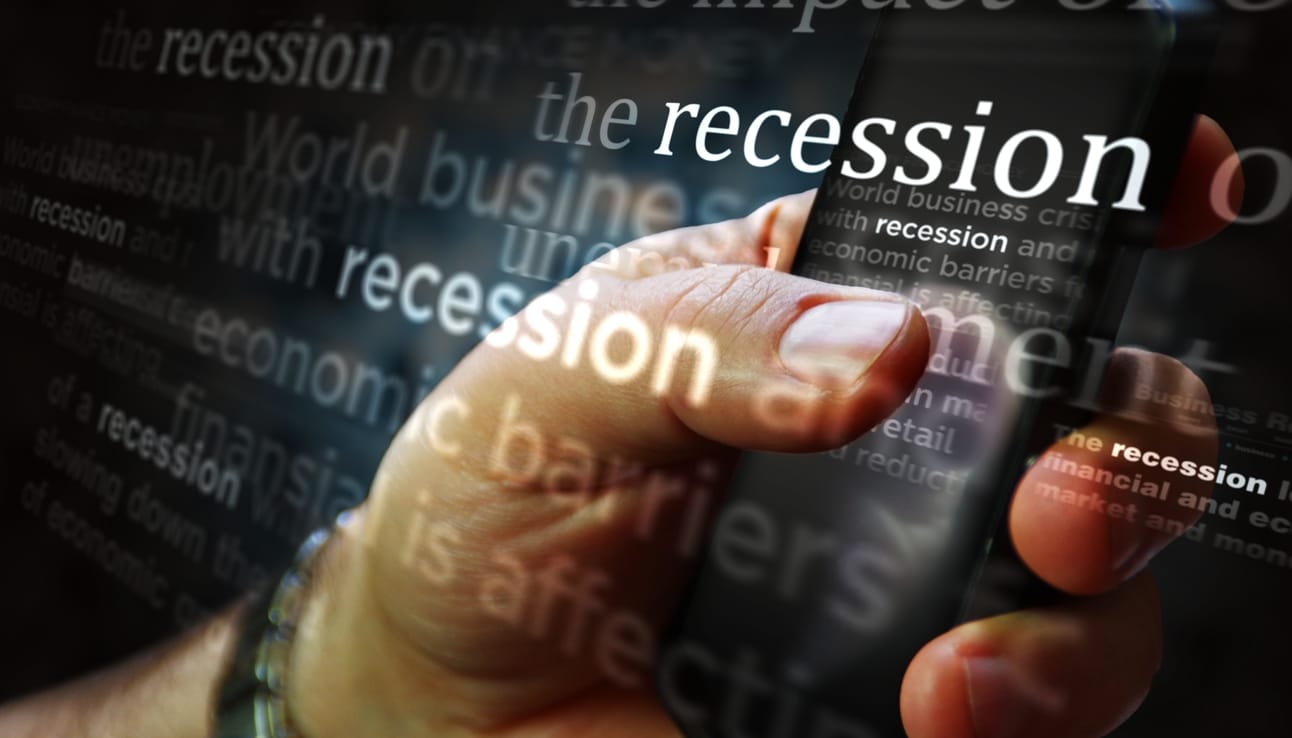INSIGHT WEEKLY : February 18, 2024
An easy to read economic and financial summary. If the images do not load, click to download external images in your email to see the newsletter in full, or click the link above to read online.

🌐 Major indexes

France’s CAC 40 hit a new record during the week driven by strong earnings.
Will there be a correction in tech stocks ? The hype on AI may fizzle out and there could be a correction. As mentioned in previous weeks’ newsletters, Japan is showing great promise with gains almost every week. The Nikkei 225 was up over 4% last week. Investors may consider that Japan is more interesting than any other market. And maybe India too.
🇬🇧 UK
Retail sales are up in January. After the fall in December, this was unexpected. One of the biggest increases was in fuel sales as consumers filled up in response to lower prices. If the trend continues, UK may be out of a recession quickly but growth is going to be weaker.
Growth has been slow, adding to fears of recession. In a comparative study of UK and other countries, a Goldman Sachs analysis points to a 5% negative impact on growth since Brexit The main causes are reduced trade, weaker investment and labour shortages due to low migration from EU countries.
FTSE100 is -0.13% since the start of the year.
🇺🇸 US
S&P500 is up over 5% this year. In a comparison, the performance of most successful investor of all time, Warren Buffet, versus the performance of the S&P500 over the last 20 years shows that the two are almost the same. This is mainly due to the tech stocks that drive the performance of the S&P 500 index. Berkshire Hathaway has less exposure to tech than the S&P500.
Inflation is at 3.1% over the 2.9% expected. January’s wholesale prices rose more than expected. The first rate cut will be in the summer and not in March as some had hoped for. Inflation is persistent and it is going to take longer than expected for the effects of the interest rate hikes to fully take effect.
Retail sales fell by 0.8% after a 4% rise in December. Not a good sign for growth.
Recession risk remain low, though there is a chance that the US may follow the UK and Japan in a technical recession. The US economy is strong and if there is a recession, it will be a short one.
If you are liking this newsletter, please send this link to friends, family and colleagues and post on social media.
🇯🇵 Japan

Nikkei 225 increased by over 4% in the week. It is now over 15% so far this year. The all time high was back in 1989 and this record could get broken soon. Just an increase of 1.25% from its current level will set a new record. This could happen next week.
Interest rates will most likely be increased from the current negative level as the Bank of Japan attempts to revitalise the economy.
Investors who bought into Japan will be happy with the gains so far. For overseas investors, the expected appreciation of the yen will further add to the gains that they have made. It looks like Japan could be the investment story of 2024.
See previous spotlight on Japan.
🌐 Spotlight on recession

What is a recession ? There is no precise definition, but there is a convention that two successive quarters of contraction implies a technical recession. There are mainly four types of recession :
Boom and bust recession caused by very high growth causing inflation. Typically this happens after a boom, and central banks and government react by raising interest rates, taxes and reduced public spending. These responses to runaway inflation can put the economy into a recession.
Balance sheet recession caused by falling asset prices and defaults in bank loans. The GFC (Global Financial Crisis) of 2008 and 2009 is a good example of this type of recession. Bad loans and a fall in asset prices are the causes. Banks have liquidity problems and run out of cash, leading to reduced lending and investment in the economy. These liquidity issues in the banks can lead to a run on a bank as depositors withdraw their cash. Also other banks can stop dealing with a troubled bank as confidence drains away. Bank failures can create a shock wave in the economy. To pre-empt such a situation from developing, governments generally put banks through stringent liquidity and capital tests, as well as standing by the banks to create confidence and stability in the economy.
Depression caused by output falling by over 10%. A good example is US in the 1930s.
Supply side shock recession typically caused by high energy prices. The 1973 oil price increases, and the 2022 reduction in oil supplies are good examples. Rising energy prices have a knock on effect on manufacturing leading to price increases in a variety of consumer products and staples. This inflation is met with the usual response by governments and central banks of “monetary and fiscal tightening” which can put the economy into a recession.
Recovery from recessions is usually described as one of the letters V, U, W, L and K, as these describe the shape of the GDP graph over time, from the start of the recession to the end. V is the best outcome, U means a longer recovery, L is worst case, and K is for a more complex recovery where some sectors of the economy recover well and others don’t.
UK has had two quarters of contraction in the economy. Quarter 4 numbers came out last week showing a 0.3% contraction in GDP, following a 0.1% contraction in the previous quarter. Inflation is under control but not falling yet. While interest rates are high, growth is going to be squeezed. What next ? Inflation needs to fall further before the Bank of England makes a move to cut rates. The government has limited scope for tax cuts so growth is not going to come from there. It has to be the Bank of England rate cuts that will spur growth. Considering that 2 out of the 6 members on the committee voted to increase rates, rate cuts are not likely to happen before the summer.
Japan also fell into a recession like the UK. Last quarter’s contraction of 0.4% followed a 3.3% contraction in quarter 3. Now Japan is no longer the third biggest economy as it slips below Germany. As this is all measured in US dollars, the depreciation of the Yen helped to lower the value of the Japanese economy in US dollar terms. The Bank of Japan has a difficult task. Its interest rate is already negative so cutting is not an option. Its population is shrinking so demand is falling.
Inflation is not coming down fast enough ! The monthly inflation numbers are :
US : at 3.1% which was higher than the 2.9% expected
UK : unchanged at 4%
Japan : 2.6% which is a drop from previous months
EU : 3.4% in December, up from 3.1%
Interest rates are not likely to come down soon as the central banks will only cut rates when inflation starts to come down. The central banks have indicated that they are “data driven”.
Investors who piled into bonds anticipating gains when rates fall, will need to wait for a while longer to take profits.
🏅5️⃣ Billionaire Leaderboard

Change in week :
Bernard Arnault and family (LVMH) $221bn ⬆️ $2bn
Elon Musk (Tesla, SpaceX)$205bn ⬆️ $4bn
Jeff Bezos (Amazon) $190bn ⬇️$6bn
Mark Zuckerberg (Facebook/Meta) $166bn ⬆️ $1bn
Larry Ellison (Oracle) $139bn ⬇️$6bn
SPOTLIGHTS
Earlier :
Coming soon : National debt, future growth sectors, AI, Gold and more !
If you liked this newsletter, please send this link to friends, family and colleagues and post on social media. https://insight-weekly.beehiiv.com/subscribe
Apple, Tesla revenue images from https://www.visualcapitalist.com
Stay tuned for more insights and updates in a 5 minute round up each week.